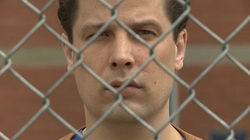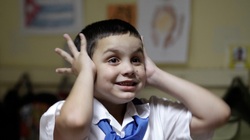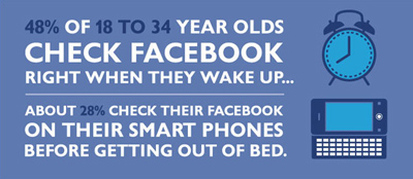
"So when Korean-Americans struggle with substance abuse, depression or other mental-health issues that plague their community, they often turn to pastors or church elders rather than seeking help from mental health services. Many shy away from therapy due to the intense stigma surrounding mental illness. And Korean-Americans often feel that medical providers don't address the spiritual and cultural issues that matter most to them."







 RSS Feed
RSS Feed
